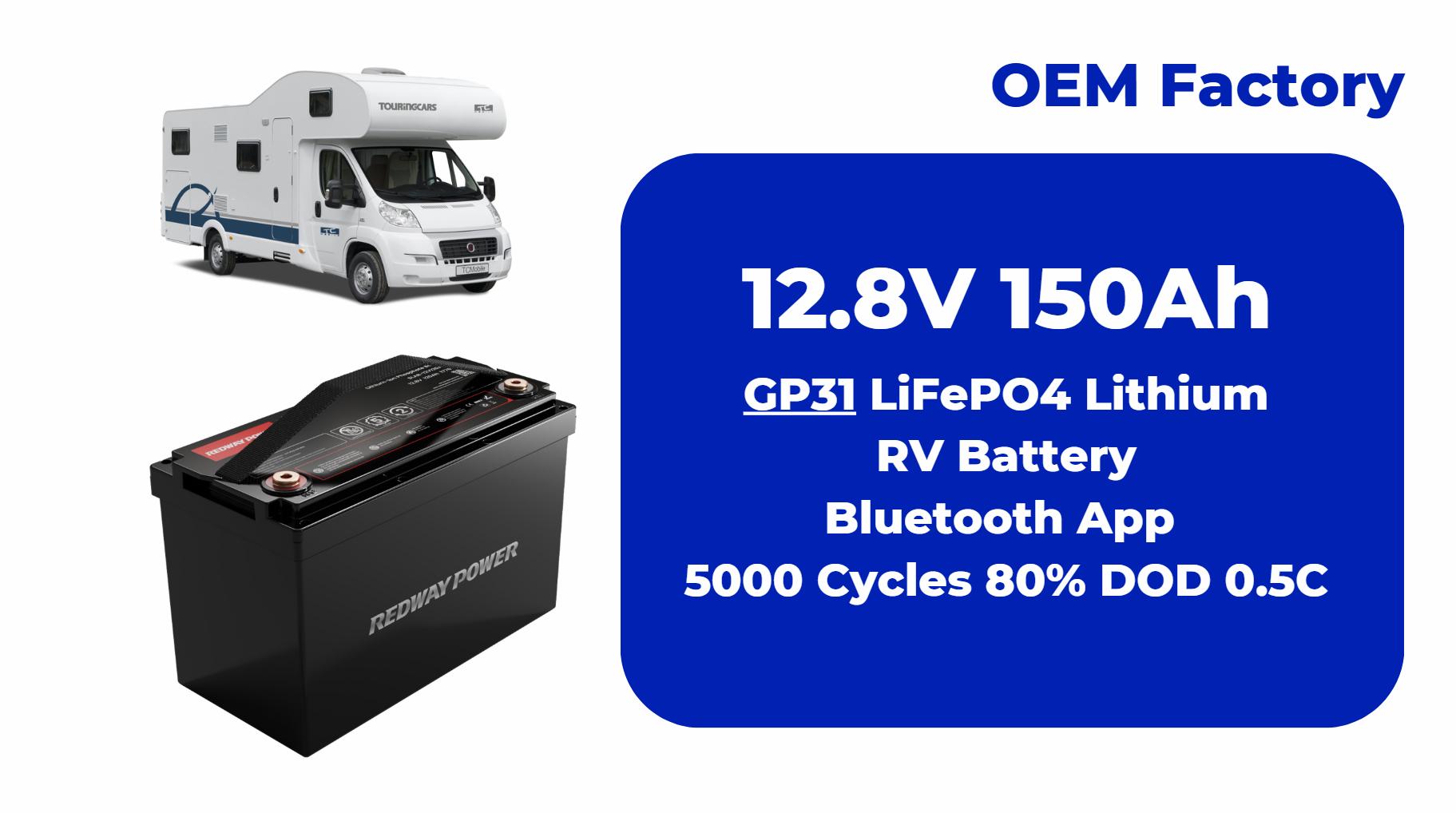
What You Should Know About LiFePO4 Batteries
LiFePO4 batteries, also known as lithium iron phosphate batteries, are a subtype of lithium-ion batteries that offer unique advantages in terms of safety, lifespan, and environmental impact. Understanding how these batteries work, their benefits, and their applications can help you make informed decisions when considering battery options. This article explores essential information about LiFePO4 batteries.
What Is a LiFePO4 Battery and How Does It Work?
A LiFePO4 battery is a rechargeable battery that uses lithium iron phosphate as its cathode material. This chemistry provides several benefits, including enhanced thermal stability and safety compared to traditional lithium-ion batteries. The anode typically consists of carbon, while the electrolyte is a lithium salt in an organic solvent. The stable structure of the cathode makes these batteries less prone to overheating and thermal runaway.
How Does LiFePO4 Compare to Lithium-Ion Batteries?
When comparing LiFePO4 to traditional lithium-ion batteries, several key differences emerge:
- Safety: LiFePO4 batteries have a lower risk of catching fire or exploding due to their stable chemistry.
- Energy Density: Lithium-ion batteries typically have higher energy density, allowing them to store more energy in less space.
- Lifespan: LiFePO4 batteries often last longer than lithium-ion batteries, with lifespans reaching up to 10 years under optimal conditions.
What Is the Typical Lifespan of a LiFePO4 Battery?
The lifespan of a LiFePO4 battery is significantly longer than that of standard lithium-ion batteries. Typically, these batteries can endure between 2,000 to 5,000 charge cycles, depending on usage and maintenance practices. In favorable conditions, they can last up to 10 years or more, making them a cost-effective option over time.
What Are the Advantages of Using LiFePO4 Battery Cells?
LiFePO4 battery cells offer several advantages:
- Safety: Their stable chemistry reduces risks associated with overheating and fires.
- Long Cycle Life: They can be charged and discharged many times without significant degradation.
- Environmental Impact: They do not contain toxic heavy metals like cobalt or nickel, making them more environmentally friendly.
How Do You Choose the Best LiFePO4 Battery for Your Needs?
When selecting the best LiFePO4 battery:
- Capacity Requirements: Determine your energy needs based on your application.
- Voltage Compatibility: Ensure that the voltage matches your device’s requirements.
- Size and Weight: Consider physical dimensions if space is limited.
- Brand Reputation: Look for reputable manufacturers known for quality and reliability.
What Are Common Applications for LiFePO4 Batteries?
LiFePO4 batteries are used in various applications:
- Electric Vehicles: Their safety features make them ideal for use in electric cars and bikes.
- Renewable Energy Systems: They are commonly used in solar power systems for energy storage.
- Backup Power Supplies: Their long lifespan makes them suitable for UPS systems.
What Expert Insights Can Help You Understand LiFePO4 Technology?
“LiFePO4 technology represents a significant advancement in battery chemistry,” states Dr. Jane Doe, an expert in renewable energy systems. “Its combination of safety, longevity, and eco-friendliness makes it an excellent choice for both consumer electronics and large-scale energy storage solutions.”
FAQ Section
Q1: How safe are LiFePO4 batteries?
A1: They are considered very safe due to their stable chemistry, which minimizes risks of overheating and fires.Q2: Can I use a LiFePO4 battery in place of a lithium-ion battery?
A2: Yes, but ensure compatibility in terms of voltage and capacity with your device.Q3: How do I maintain my LiFePO4 battery?
A3: Regularly check connections, avoid deep discharges, and store in a cool environment.Q4: Are there any environmental concerns with using LiFePO4 batteries?
A4: No significant concerns; they are more eco-friendly than other battery types as they do not contain toxic materials.Q5: Where can I purchase high-quality LiFePO4 batteries?
A5: High-quality options can be found through specialized retailers or directly from manufacturers known for their reputation in battery technology.
